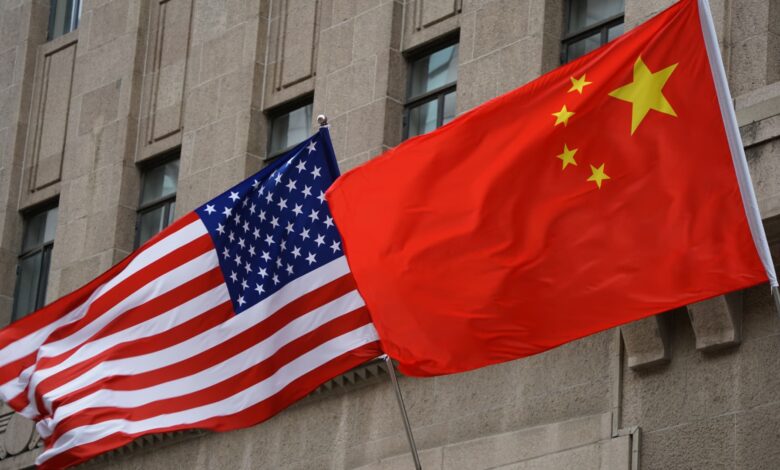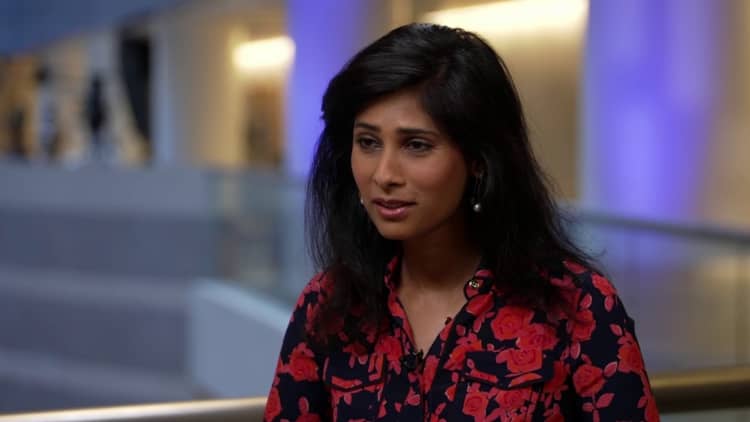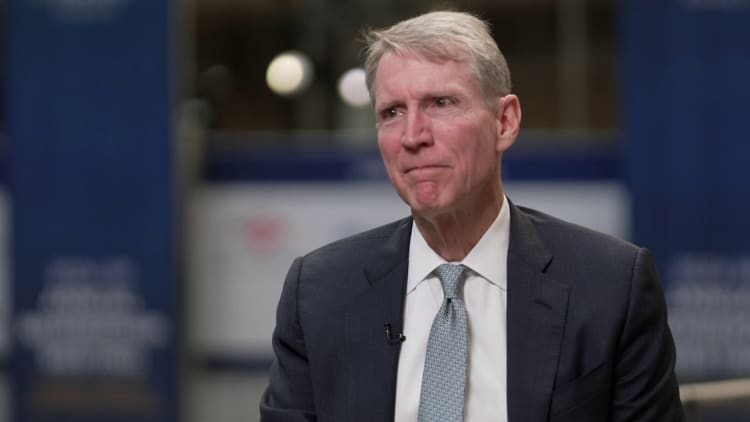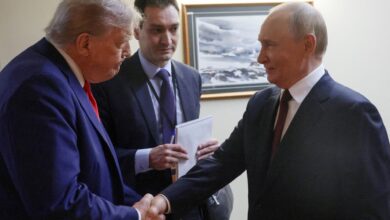U.S., China trade tariffs escalating would be ‘costly for everybody,’ IMF deputy director says


An escalation of trade and tariffs tensions between the U.S. and China would have “costly” economic consequences around the world, Gita Gopinath, deputy managing director of the International Monetary Fund told CNBC on Wednesday.
“We are seeing geopolitically driven trade around the world, which is why when you look at overall trade to GDP that’s holding up fine, but who’s trading with whom is certainly changing,” she said.
The U.S. and China are trading with one another less, and some parts of their trade is being re-routed through other countries, she added.
Trade tensions between the U.S. and China and the European Union and China have been mounting this year, with both the U.S. and EU implementing higher tariffs on some Chinese goods over what they claim are unfair trade practices from Beijing.
China has also announced higher temporary tariffs on some imports from the EU as the tit-for-tat measures continue.
If tariffs were escalated, modelling from the IMF suggests it would be “costly for everybody,” Gopinath told CNBC’s Karen Tso on the sidelines of the agency’s annual meeting in Washington.
“Output is going to be much lower than what we are projecting for all countries in the world, there’s going to be pressure on inflation, so that’s not the direction in which we should be going,” she explained.

Gopinath’s comments come after IMF Managing Director Kristalina Georgieva said last week that international trade would no longer be the “engine of growth” it once was, and that “retaliatory” trade measures could hurt those imposing them as much as their targets.
Tim Adams, CEO of the Institute of International Finance, also warned Wednesday that tariff proposals from U.S. presidential candidate Donald Trump would interrupt the path of disinflation and could lead to higher interest rates.
The IMF’s Gopinath said it would benefit both the U.S. and China to have “good working relations,” noting that this was also important for the rest of the world.
It is “in everyone’s self interest that these relationships are maintained,” she said.
The IMF warned in its recent World Economic Outlook report that increasing protectionist policies were a downside risk to growth.
“A broad-based retreat from a rules-based global trading system is prompting many countries to take unilateral actions. Not only would an intensification of protectionist policies exacerbate global trade tensions and disrupt global supply chains, but it could also weigh down medium-term growth prospects,” the report said.
— CNBC’s Jenni Reid contributed to this story




